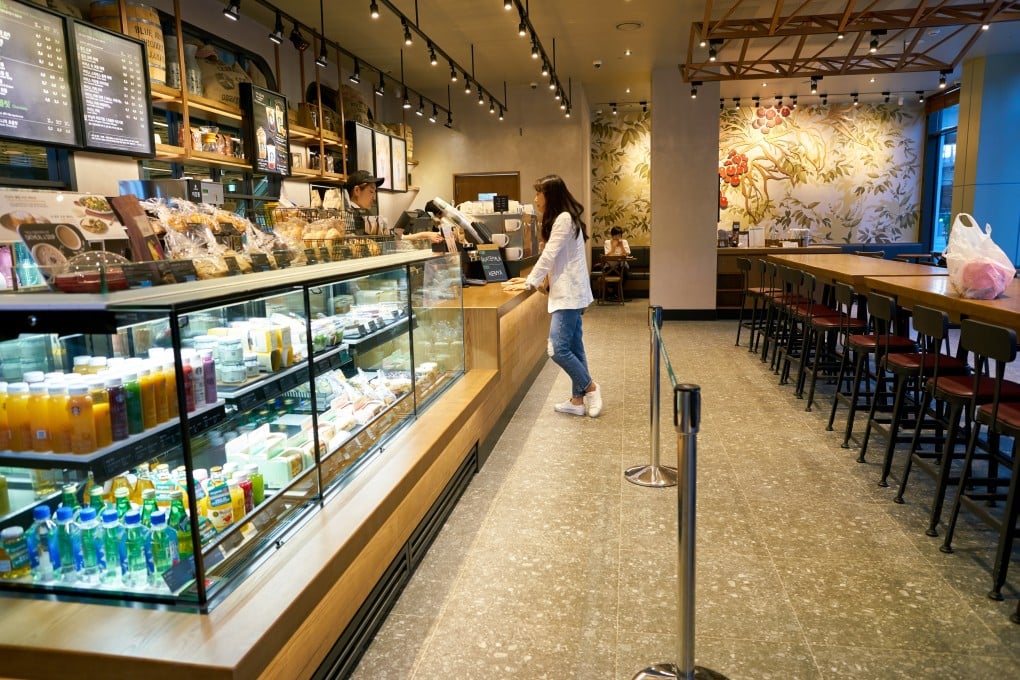South Koreans push back against businesses asking for tips: ‘I hope this never settles’
- A Seoul bakery which put out a tip jar received backlash on social media, with many calling the custom ridiculous and illegal
- Tipping culture has extended to the ride-hailing sector in South Korea, with passengers given an option to tip drivers up to US$1.50 at the end of a ride

Out of the blue, tipping culture appears to have burst onto the scene in South Korea, with some restaurants, cafes and even taxi-hailing platforms asking customers for tips.
Given that South Korea has been a tip-free society, many people have shown overwhelmingly negative reactions towards the apparent emergence of tipping culture.
A recent online post, titled “Foreign culture we wish to never settle in Korea”, went viral recently, showing pictures of a glass jar at the cashier of a popular Seoul bakery filled with cash and labelled “Tip Jar” in English.

The Instagram account of the Seoul bakery was swarmed with more than 200 negative comments, many of them asking the owner to remove it, calling the custom ridiculous and illegal.
The post prompted other South Koreans to share similar experiences. One user said an employee at a coffee shop in Seoul’s Mapo District asked her to tip, showing a tablet with tipping options of up to 10 per cent of the bill, while others said they saw some restaurants place signs on tables asking customers to tip employees.
Tipping culture has even emerged beyond cafes and restaurants.
The Kakao T app, which accounts for more than 90 per cent of the domestic ride-hailing market, introduced a trial tipping function last month.
Passengers are given an option to tip the driver with up to 2,000 won (US$1.50) at the end of the ride, after he or she rates the service five stars. It is optional and Kakao Mobility, the platform operator and a subsidiary of Kakao, has said it takes no commission from the tip.